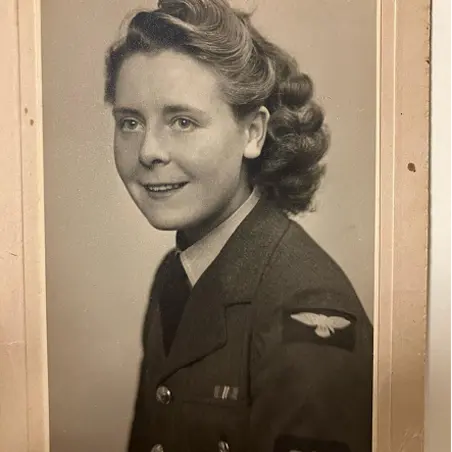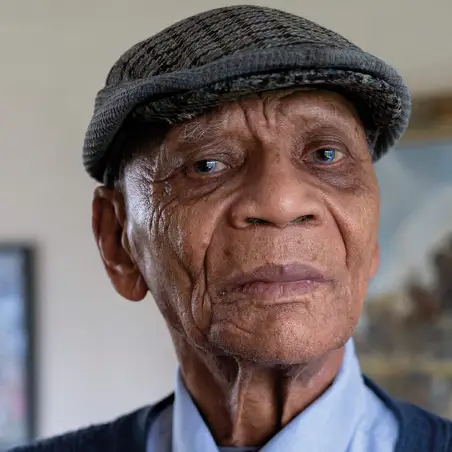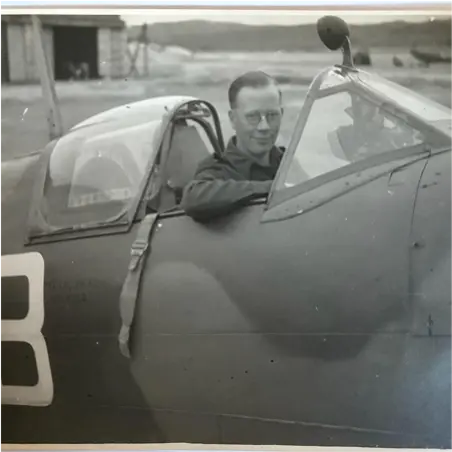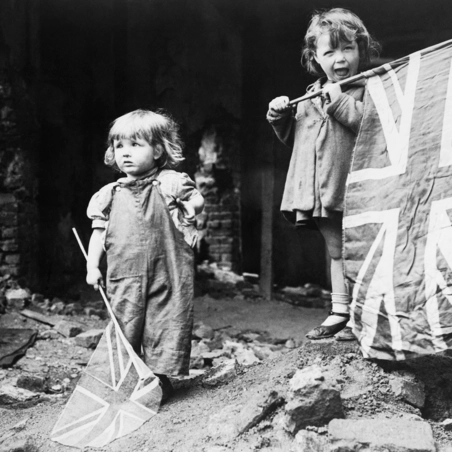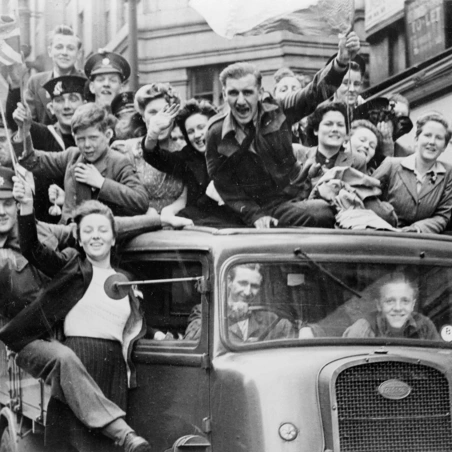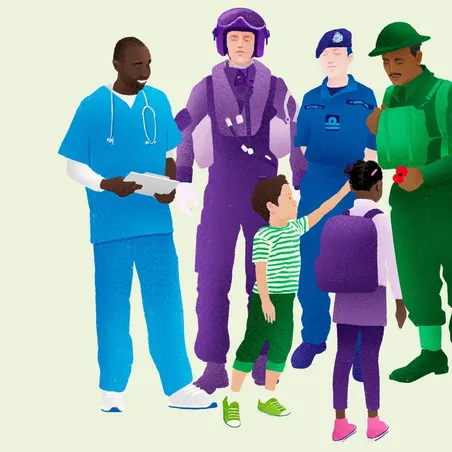Remembering VE Day – 80 Years On at the National Memorial Arboretum
We held a commemorative event at the National Memorial Arboretum on Thursday 8th May to mark 80 years since the end of the Second World War.
VE Day Tea Party
Around 44 veterans who served their country during the War attended a joyous afternoon of events dedicated to their service and bravery, as the nation thanks those from the Second World War generation still with us today.
They include Britain’s oldest surviving Second World War veteran Donald Rose, who celebrated his 110th birthday on Christmas Eve, as well as veterans who have never told their story before until registering to be with the Royal British Legion on this momentous 80th anniversary.
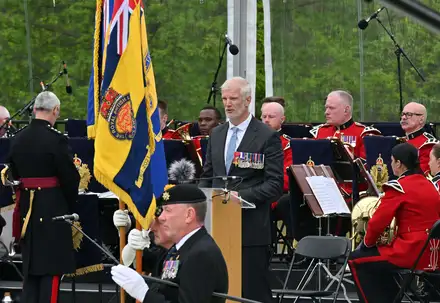
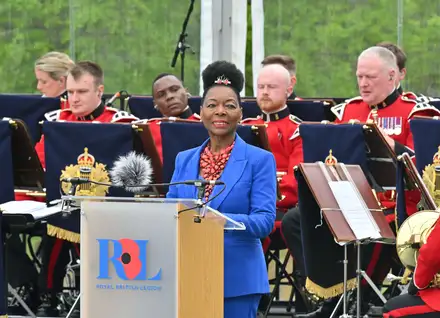
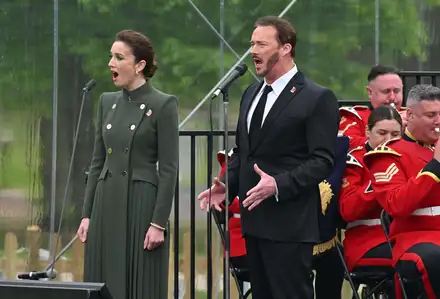
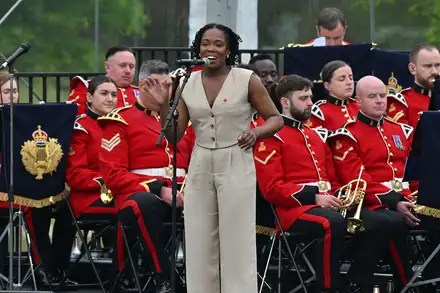
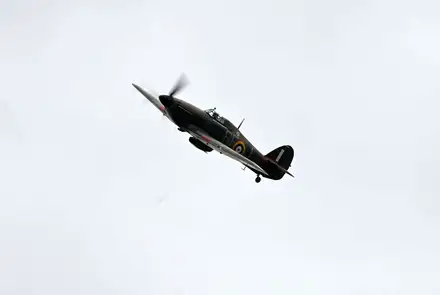
The veterans at the Arboretum, who served across the Royal Navy, the British Army and the Royal Air Force, enjoyed a Tea Party attended by Al Carns DSO OBE MC MP, Minister Veterans and People, before a Service of Remembrance hosted by Baroness Floella Benjamin OM DBE. The service featured performances from singers Russell Watson, Carly Paoli and Anthonia Edwards, winner of The Voice UK, and the British Army Band Tidworth, as well as a flypast by a Spitfire and Hurricane.
Around 1,500 guests watched a film of Second World War veterans sharing moving wartime memories, and heartfelt tributes will be played from leading personalities including Angela Rippon, Ian Hislop, Ross Kemp, Stephen Fry, Jeremy Vine and Elaine Paige.
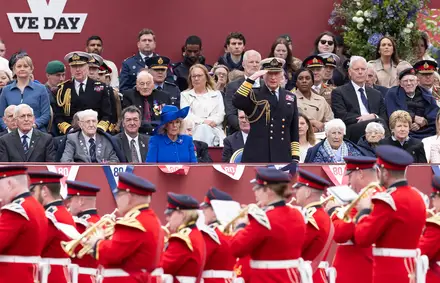
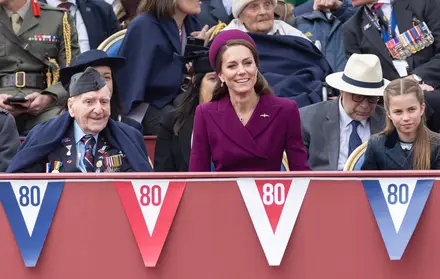
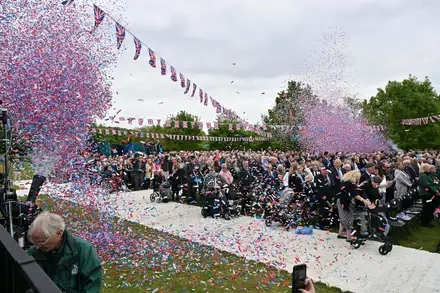
What had happened?
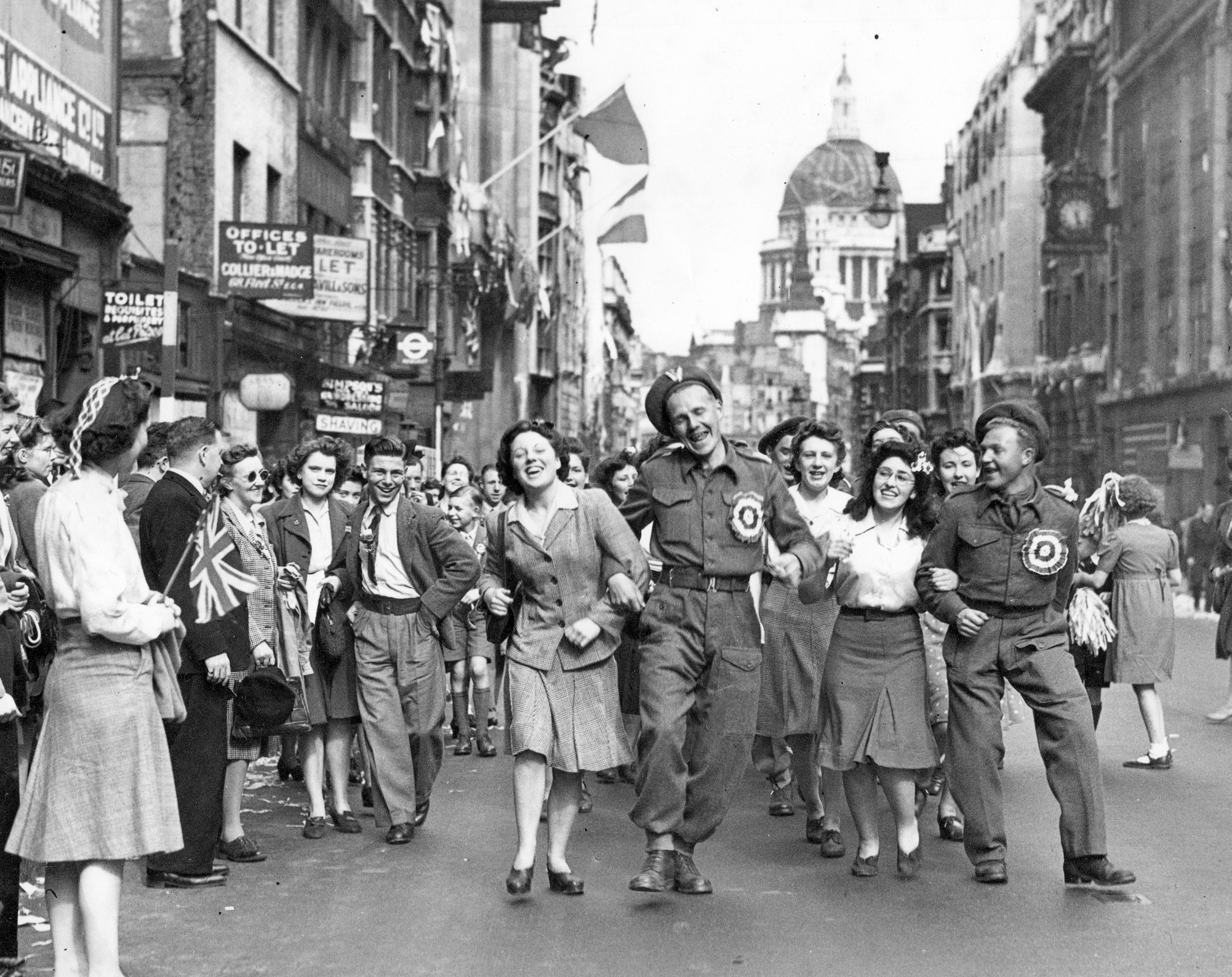
The first few months of 1945 saw the Allied forces in Europe rapidly gain ground and capture hundreds of thousands of prisoners.
As the Allies closed in on a surrounded Berlin, Nazi leader Adolf Hitler committed suicide on the last day of April, and the German forces’ unconditional surrender followed on 7th May.
A newsflash was broadcast to the public announcing the end of the war in Europe and that the next day was declared Victory in Europe (VE) Day (and a public holiday in the UK). Throughout the Allied world, millions celebrated. In Britain, pubs could stay open until late, and red, white and blue bunting could be bought without ration coupons. Streets were filled with singing and dancing, parties and parades. Special thanksgiving services were held.
Yet the joy and relief were tempered by memories of the hundreds of thousands who had died, or were still missing, and concern for those still at war. Brutal fighting continued to rage in east Asia and the Pacific until August.
More than 250,000 Allied Prisoners of War were liberated in Europe, and their repatriation home had to be organised.
As the Allies swept across Europe they uncovered the full horror of the network of concentration and forced labour camps and other locations where six million Jewish people and hundreds of thousands of others had been murdered. Genocide, war and forced population movements created more than 50 million refugees and displaced people in Europe. It would take many months and vast resources to care for and resettle these people.
Yet after years of uncertainty and sacrifice, the people of Europe could face the new challenges of reconstruction and peace.
The Second World War generation changed the course of history, and commenced the rebuilding of an exhausted country in the post war years. These men and women defended the freedoms we enjoy today. We remember their service and sacrifice.

_96dpi.jpg?sfvrsn=2d20ef2b_0&method=CropCropArguments&width=1600&height=847&Signature=DD75534D44767C542FE3B0A8A618FDBBEBA2C5DF)
